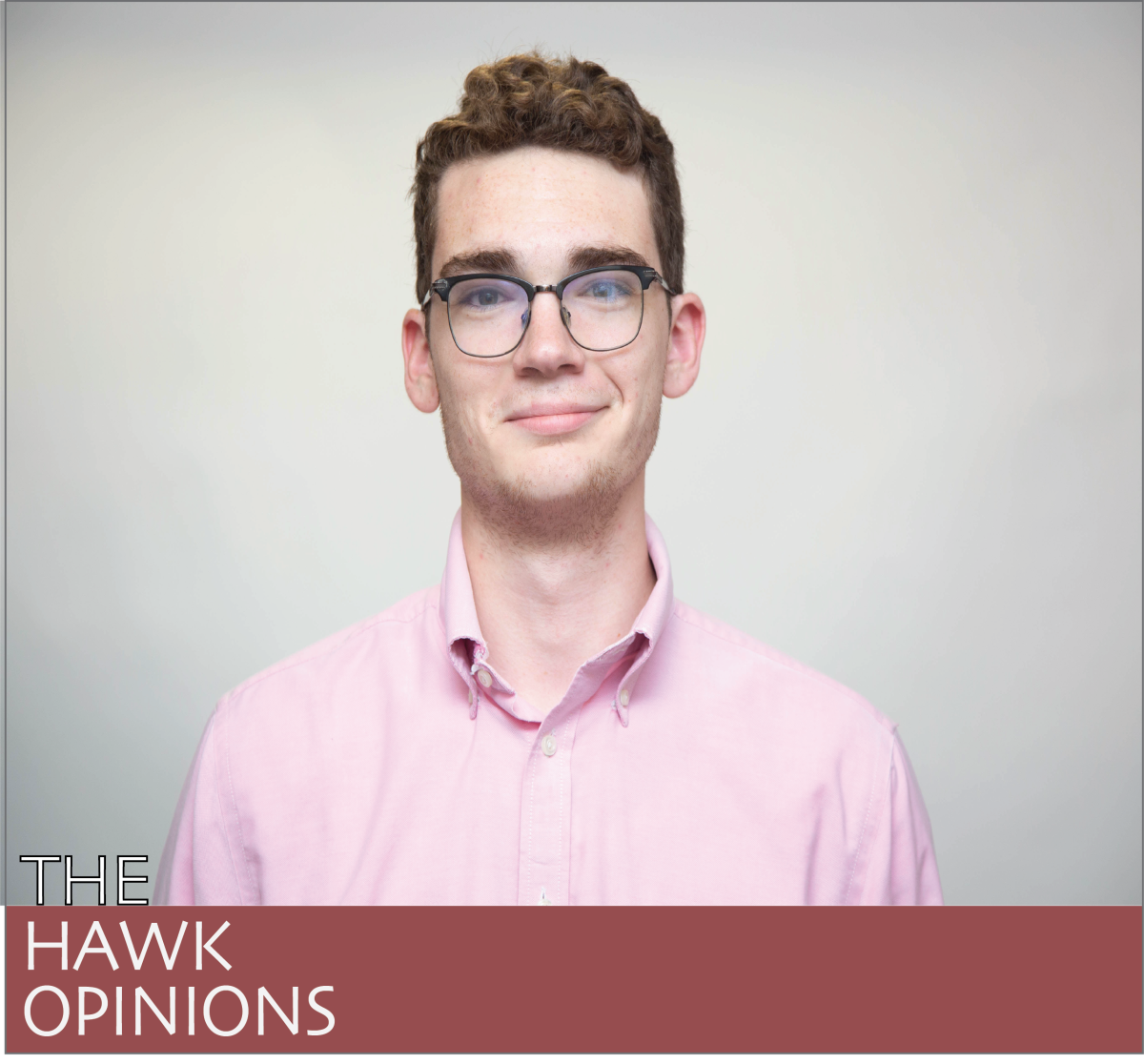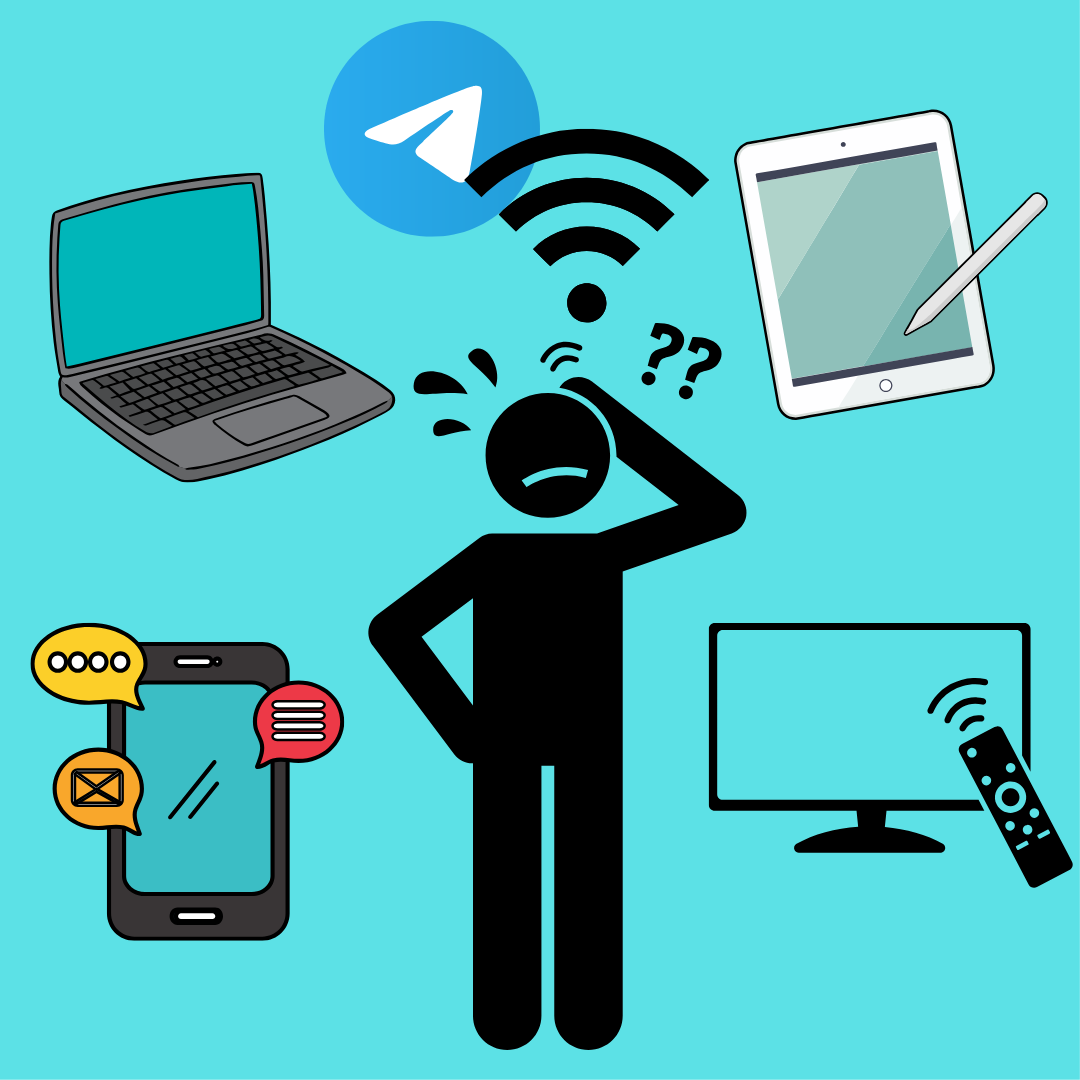How PC culture can deter productive diverse discussion
Society’s focus on political correctness has created a paradigm in politics and media coverage, which has led to many questions, a frequent one being how does political correctness impact free speech? More specifically, how has this ideological blanket of political correctness impacted diverse debate?
I find that political correctness itself has hurt diverse debate due to its ability to limit what is deemed acceptable to discuss by being a tool used for identity politics.
Free speech allows for the unrestricted expression of views while political correctness avoids forms of expression perceived to exclude groups who are socially disadvantaged or discriminated against.
While not diametrically opposed, political correctness and free speech are far from coexisting peacefully. This failure to cooperate has led to political correctness having a negative impact on diverse and productive debate.
I want to make the important point that using racial slurs, derogatory terms and other intentionally hurtful words in a debate is wrong. This common decency has been conflated with political correctness, making it that if you go against political correctness, you go against common decency.
If an idea or view is expressed that an individual doesn’t agree with, they can claim it is politically incorrect which causes the person who has presented the idea to seem as if they lack common decency.
As society becomes more egalitarian, the sheer necessity for diverse debate becomes almost impossible to avoid. These debates will involve topics and ideas that may upset or offend others, but that should not stop these ideas from being debated.
In the open society we claim to be, an individual’s ability to be offended does not trump someone’s right to free speech, and political correctness doesn’t consider this important requirement.
Political correctness has normalized the avoidance of expressions or actions that are believed to exclude other groups in society. It does this by giving an individual justification to be offended by views or ideas, ultimately leading to censorship.
When policing someone’s speech under the guidelines of political correctness, the guise of protecting the group being “attacked” is injected into the debate, and the group identity now takes the center of the argument.
With the group identity now at the center of the conversation, the original topic of the diverse debate is derailed, and the focus is shifted toward group orientation. Each side will argue from their respective socio-cultural group, with neither side being able to respond due to their lack of understanding that socio-cultural group’s experience.
A real-life example of this is the Munk debate on political correctness with Jordan Peterson and Michael Eric Dyson. The topic of debate was about whether or not political correctness was a force for good.
That question was never answered though, with Dyson saying, “…if you’re white, this entire country is one giant safe space.” After Peterson tried to respond to the statements Dyson made, Dyson called Peterson a “mean, mad white man.” With Peterson incapable of changing his socio-cultural group and unable to respond, the debate reached a roadblock and the main question was never answered.
Today, debates boil down to an “us vs them” mentality with both sides committing logical fallacies because they are unable to view the person they are debating as an individual. Instead, they view them as a member of a socio-cultural group in line with any negative perceptions of that group.
Political correctness has made discussing complex problems through diverse debate nearly impossible. Complex problems require complex solutions which require open discussion of all ideas pertaining to the problem. Political correctness prevents this from taking root.
By removing that foundation, you take away the possibility for any solutions to emerge. By hiding from ideas that scare you or you perceive to marginalize others only hurts the group in the long run. If an idea is as hurtful as you perceive it to be, provide evidence to support why the idea or view is bad and offer a constructive solution, do not censor the idea or view.

















































Andrew Gottlieb • Oct 11, 2019 at 1:25 pm
I agree with Convery’s commentary. I am deeply concerned about the abuse of the political correctness. People misuse the idea by falsely characterizing what others say. Anything these days can be called sexist or racist when it is not. Some people have thus weaponized the idea of being sensitive rather than being sensitive themselves. Some people can twist the egalitarian ideas of the US into something they were never meant to be. Our founding fathers treasured freedom of speech and would probably be horrified in the way some people today have made use of their egalitarian pronouncements to curtail the former. As a teacher, I have to walk on eggshells and have to be very careful not to make even the slightest indirect reference to anything than might be misconstrued. Even in personal relations, political correctness can take hold in what I see as the new tyranny. Social psychologist and feminists, the new feminists, tell us that we should not comment on the appearance of another. They tell us not to say “You are beautiful” or “How lovely you look today.” They call this “judging” and affirm that we should not judge each other. Yet, most people when asked if they like being called beautiful say “Yes.” You can check this out on the Internet or simply ask people you know. It’s become absurd and I find it disturbing. We need to be sensitive, but sensitivity should not be used as a means of curtailing free and open debate or even the right to make complimentary remarks about someone’s appearance. Tyranny doesn’t always come from leaders in government. In this case, it may well be coming from the social psychologists.